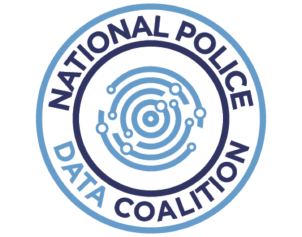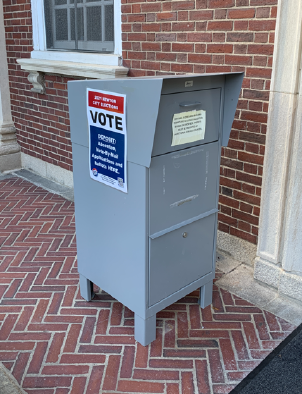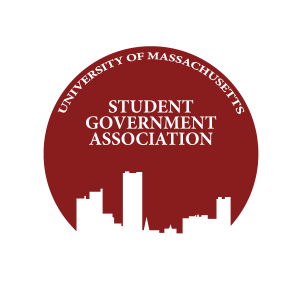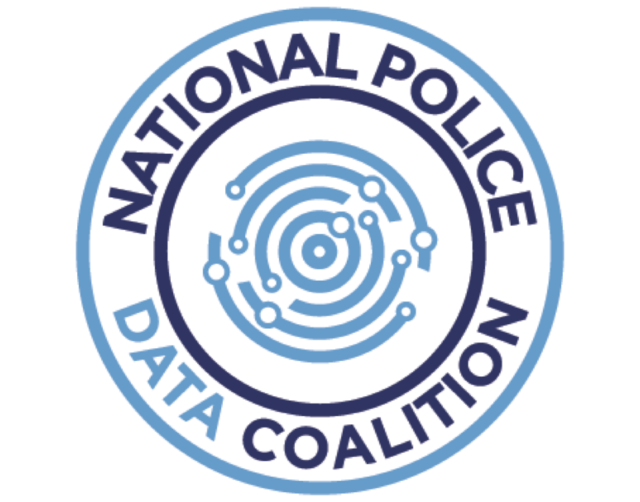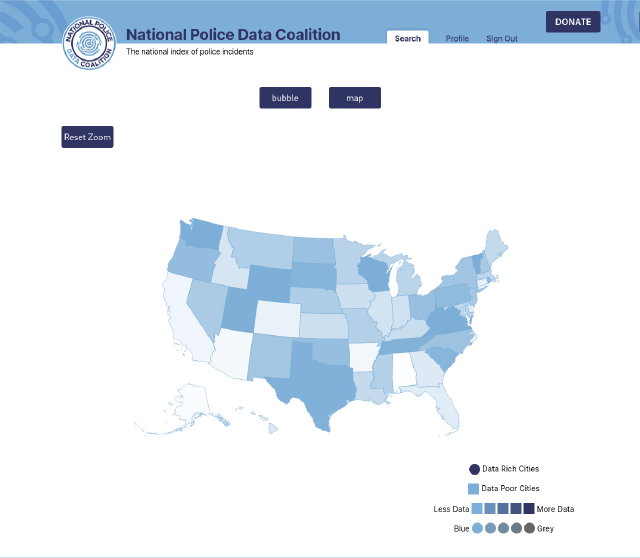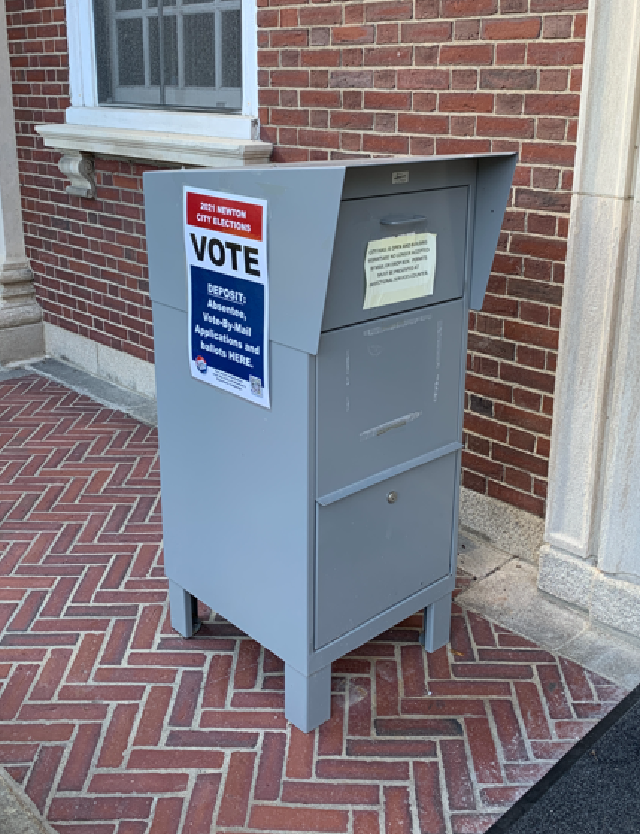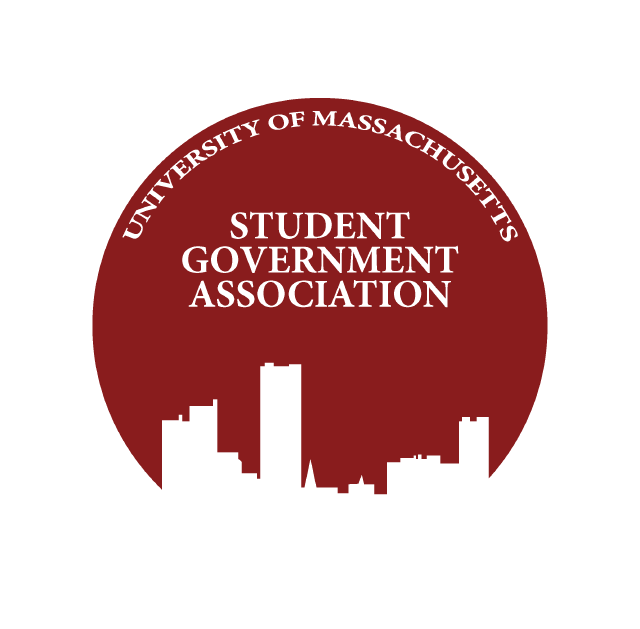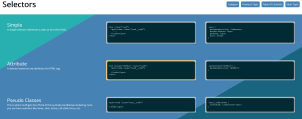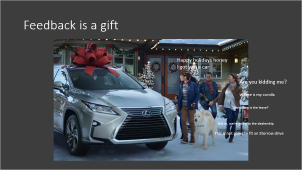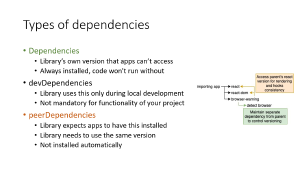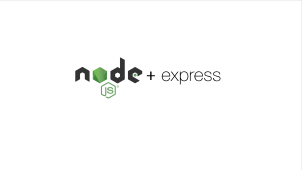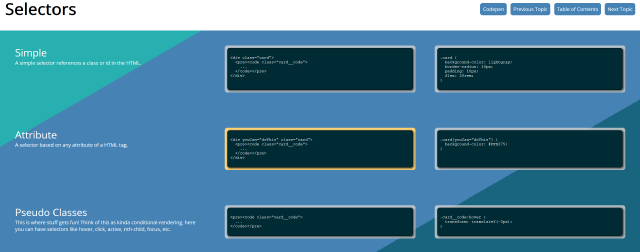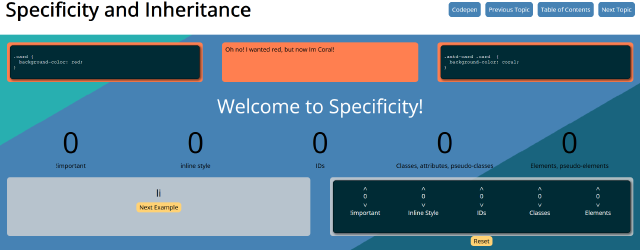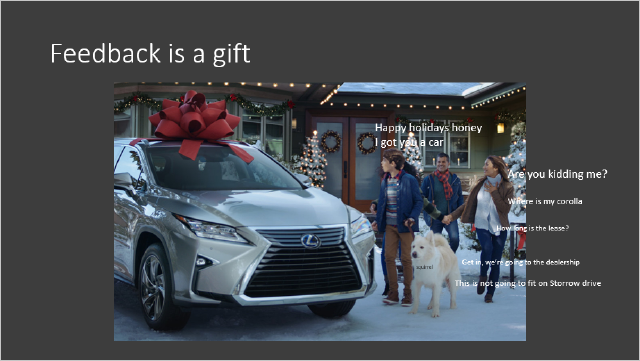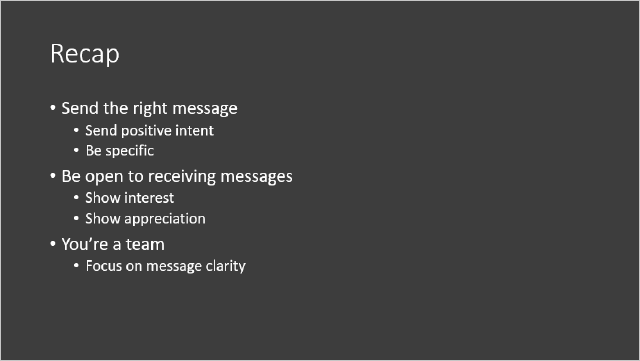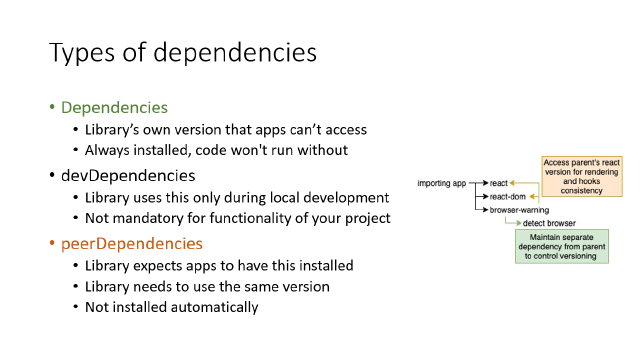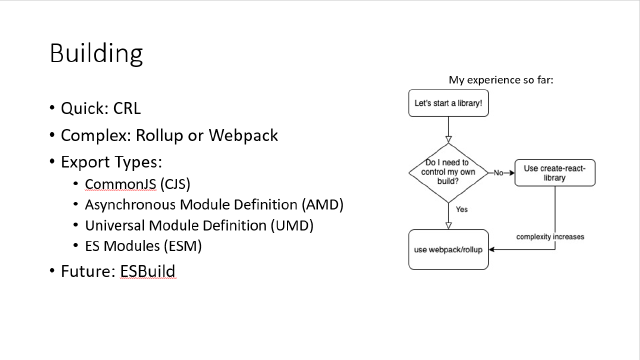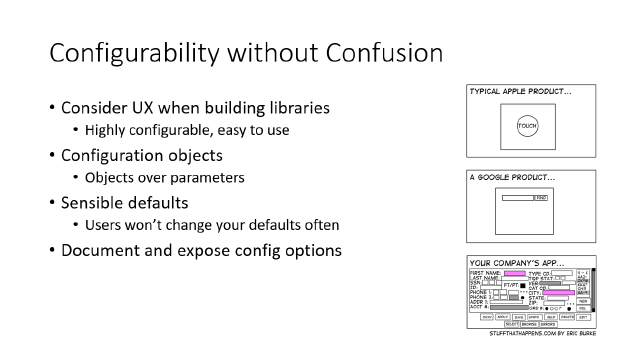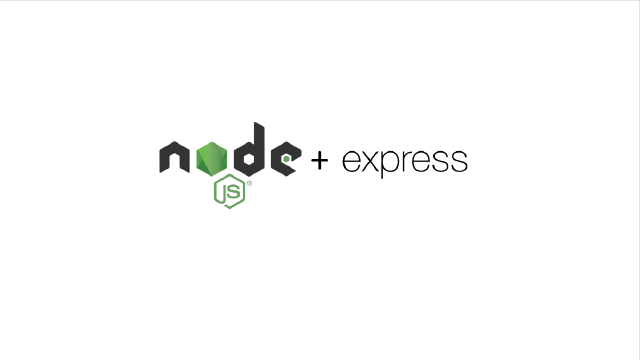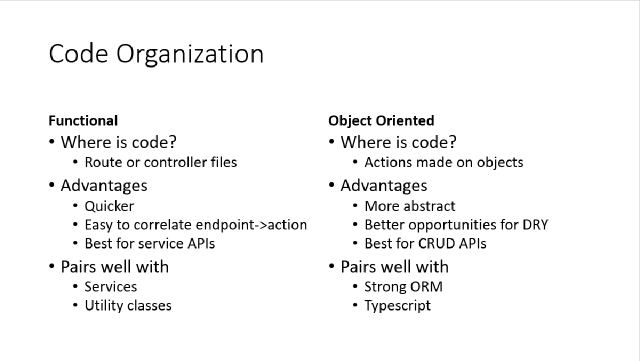About Me
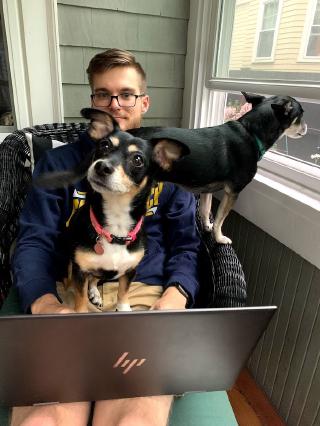
I’m Ryan Mahan
I love learning. I’m currently enrolled in the Online Masters of Computer Science program at Georgia Tech. I listen to podcasts constantly, listening to anything NPR will put out. I particularly enjoy Planet Money, Throughline, and Shortwave. I have the world’s cutest two dogs, who both hate to be in video calls but love the attention. I enjoy tinkering with my 3D printer and whatever electronics or raspberry pi’s I can get my hands on.
And I like to code too.
When the dogs will let me get to my keyboard, I work as a Software Engineer and Delivery Lead at Optum. In my free time, I volunteer for Code For Boston. The more complicated the problem, the more satisfaction I get from solving it. In my code and professional life, I strive for constant growth and adaptation for myself and my teams.
